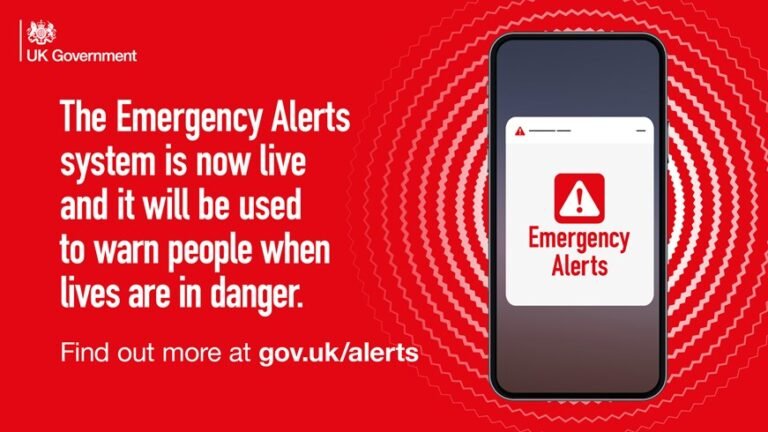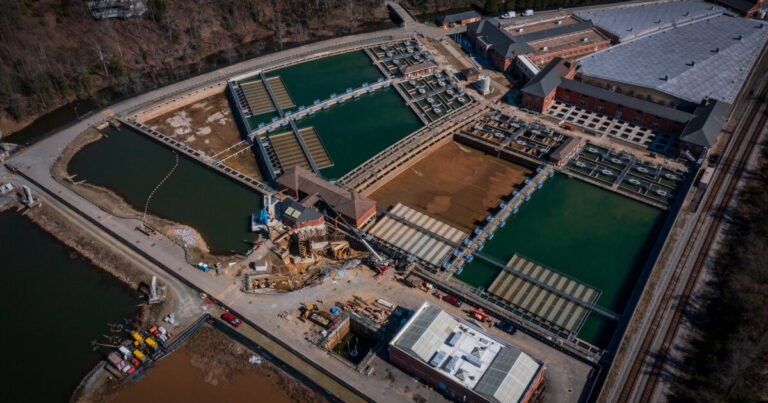On May 27, 2025, a Richmond Boil Water Advisory was issued due to a major malfunction at the city’s water treatment facility. The issue stemmed from filter clogs caused by increased turbidity levels in the James River, prompting immediate safety measures across several neighborhoods. The City of Richmond, Virginia, has advised residents in affected areas to boil tap water before use to prevent any health risks associated with potential contamination.

What Is Turbidity and Why It Matters in the Richmond Boil Water Advisory
Turbidity refers to the cloudiness or haziness of water caused by large numbers of individual particles. In this case, unusually high turbidity levels overwhelmed the filtration systems at the treatment plant. This not only reduced water pressure city-wide but also posed a risk of bacterial contamination — triggering the need for a boil water advisory.
The Virginia Department of Health has stated that turbidity can interfere with disinfection processes and may shield harmful microorganisms from chlorine, the chemical used to treat drinking water. Such organisms include bacteria, viruses, and parasites that can cause symptoms like nausea, cramps, diarrhea, and headaches.
Areas Affected by the Richmond Boil Water Advisory
The boil advisory affects residents in neighborhoods north of the James River including:
- The Fan
- Museum District
- Jackson Ward
- Monroe Park campus of VCU
- Scott’s Addition
- Parts of Downtown Richmond
These neighborhoods are served by the Ginter Park Tank, which is connected to the troubled treatment facility.
Businesses and Schools Respond
Local businesses — particularly in food and hospitality — have been severely impacted. Coffee shops and bakeries like Minglewood Bake Shop closed temporarily due to uncertainty in water quality. Some restaurants are now boiling water in bulk or switching to bottled sources.
Meanwhile, several schools and university campuses have provided bottled water to students and staff. The University of Richmond and VCU are closely monitoring the situation and providing timely updates through internal channels and social media.
Community Reactions and Concerns
Many residents have taken to social media to express frustration over recurring water issues. “It’s unacceptable to face another water advisory within the same year,” wrote one user on Twitter. The January 2025 outage, caused by a power failure, is still fresh in the community’s memory. That crisis left more than 230,000 people without access to safe water for nearly a week — a situation deemed preventable in a state report.
Community advocacy groups are now calling for a comprehensive audit of the city’s water infrastructure, increased transparency from city officials, and faster implementation of long-promised upgrades.

City Response and Next Steps
Mayor Danny Avula held a press conference addressing public concerns and reaffirmed the city’s commitment to resolving the crisis. He announced that emergency crews are working to replace clogged filters, restore full water pressure, and conduct rigorous testing to ensure that water quality meets safety standards before lifting the advisory.
Residents have been urged to:
- Boil water for 1 minute before drinking or cooking
- Use bottled water for infants and people with compromised immune systems
- Avoid using dishwashers unless they have a sanitizing cycle
- Discard ice cubes made from tap water
How Long Will the Advisory Last?
City officials estimate that the Richmond Boil Water Advisory may remain in effect for 24 to 48 hours, depending on how quickly repairs and safety tests are completed. Until then, Richmonders are advised to err on the side of caution.
Preventing Future Water Emergencies
This advisory has once again highlighted the urgent need for modernizing Richmond’s aging water infrastructure. Experts warn that extreme weather patterns, sediment run-off, and increased demand will continue to strain the system unless proactive investments are made.
Proposed measures include:
- Installing advanced filtration systems more resistant to turbidity
- Developing backup power sources to prevent outages
- Launching real-time water quality monitoring platforms
- Increasing community education on water safety practices
Final Thoughts
While boil water advisories are precautionary, they can cause significant disruption to daily life. The people of Richmond have faced similar challenges in recent months, and public patience is understandably wearing thin. Going forward, city leaders must prioritize water infrastructure upgrades and emergency preparedness plans to regain public trust and ensure access to safe drinking water for all.
As we await further updates, stay informed through official city channels, and continue boiling water until the advisory is lifted.
For more details, follow TrendInPakistan.pk for the latest updates, insights, and full coverage on the Richmond Boil Water Advisory and other important stories.


